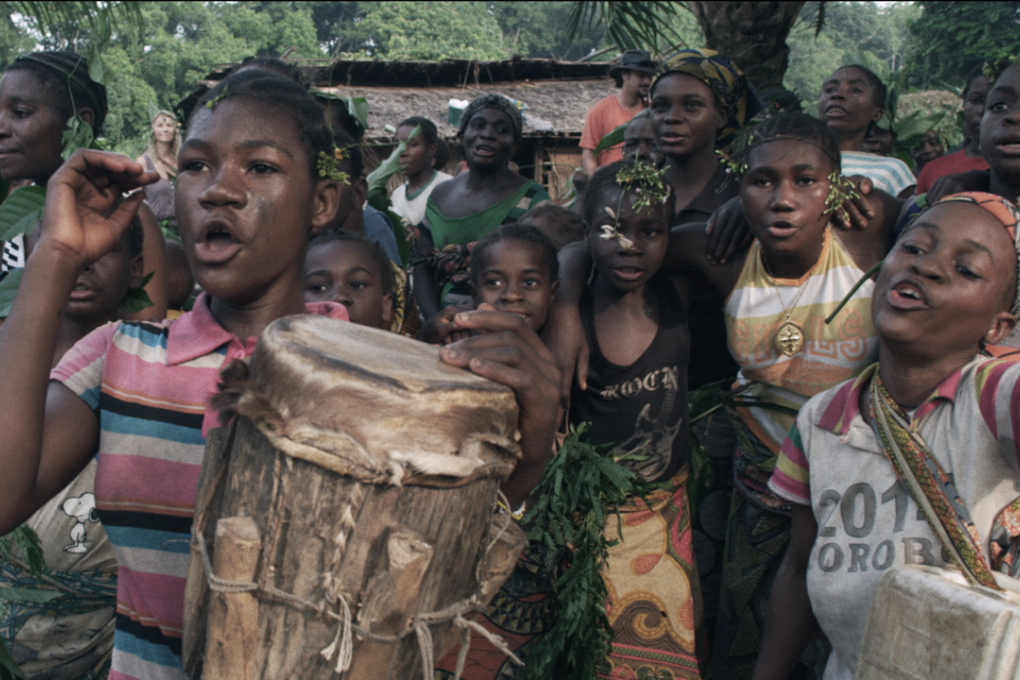British explorer’s documentary gives voice to forest tribes, some of most vulnerable in the world
Tawai takes Bruce Parry to India and Scotland, as well as deep into forests around the world, to look at tribal connections with nature and highlight the impact of deforestation

British explorer and documentary maker Bruce Parry has found himself in a lot of unusual situations while embedded with indigenous communities around the globe.
While filming his popular BBC series Tribe, that first aired in 2005, Parry drank cow’s blood in Ethiopia, ate wild rats with the Adi tribe of the Himalayas and got very high during an ayahuasca initiation ceremony in the Amazon.
But explaining the meaning of tawai, the word nomadic hunter-gatherers of Borneo use to describe their connection to nature, and a word used in the title of his latest work, Tawai: A Voice from the Forest, has him slightly stumped.
“It’s really difficult to explain because there’s no direct English translation for tawai,” says Parry on the phone from Wales, the place he now calls home.
“It has multiple meanings. It means secure, in the way a forest holds you like a child. It also means nostalgic and connection,” he says.